Report: Denis Villeneuve’s ‘Dune’ Saga Will Be A Trilogy
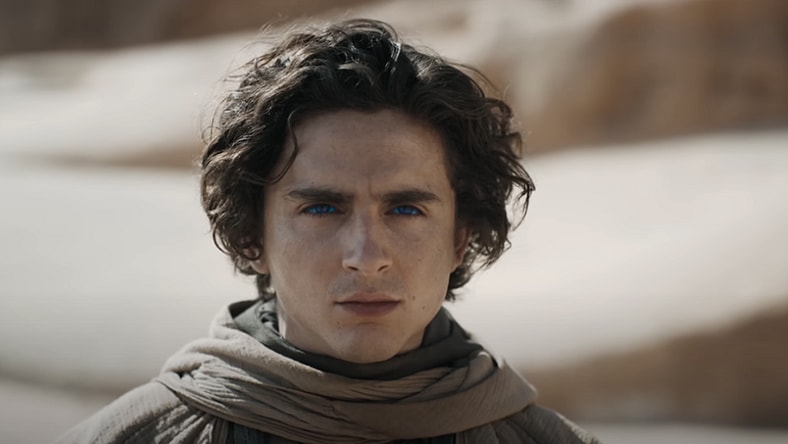
A new report claims that Denis Villeneuve’s Dune saga of films will not be just two films, but will actually be three with the third film potentially adapting Frank Herbert’s novel Dune: Messiah.

This new report comes from Deadline who noted, “Warner Bros on Thursday released a new trailer for Dune: Part Two, Denis Villeneuve’s second pic in a planned three-film saga based on Frank Herbert’s classic sci-fi novel.”
Villeneuve previously told Entertainment Weekly back in October 2021 he wanted to a trilogy to fully complete Paul Atreides arc.
He stated, “I always envisioned three movies. It’s not that I want to do a franchise, but this is Dune, and Dune is a huge story.”
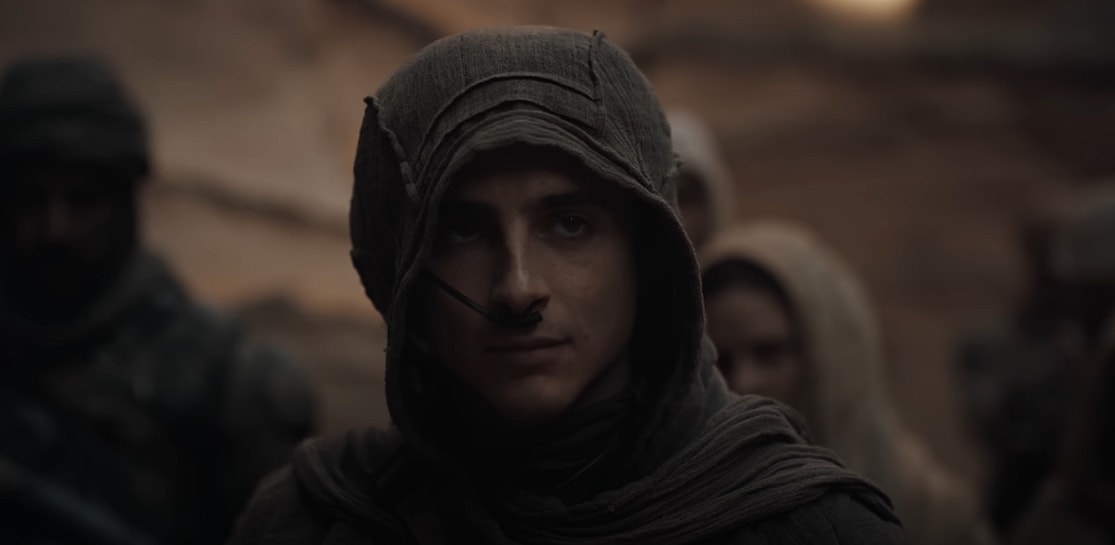
“In order to honor it, I think you would need at least three movies. That would be the dream. To follow Paul Atreides and his full arc would be nice,” he added.
“Herbert wrote six books, and the more he was writing, the more it was getting psychedelic,” Villeneuve shared. “So I don’t know how some of them could be adapted. One thing at a time. If I ever have the chance to do Dune: Part Two and Dune Messiah, I’m blessed.”
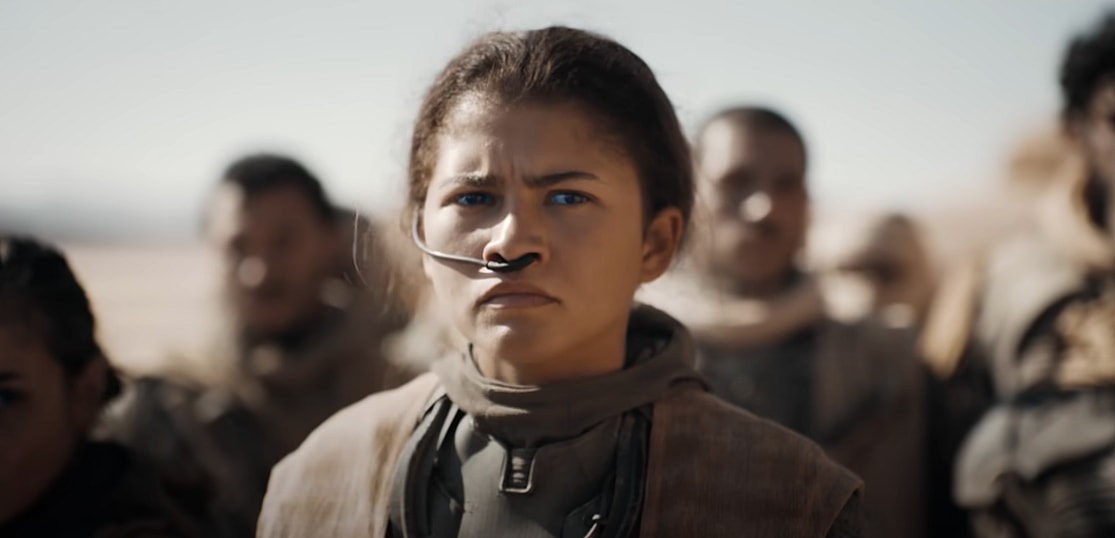
In an essay titled Dune Genesis that was originally published in the July 1980 issue of Omni Magazine, author Frank Herbert detailed how he came up with Dune relaying, “I conceived of a long novel, the whole trilogy as one book about the messianic convulsions that periodically overtake us. Demagogues, fanatics, con-game artists, the innocent and the not-so-innocent bystanders-all were to have a part in the drama. This grows from my theory that superheroes are disastrous for humankind. Even if we find a real hero (whatever-or whoever-that may be), eventually fallible mortals take over the power structure that always comes into being around such a leader.”
He later added, “This, then, was one of my themes for Dune: Don’t give over all of your critical faculties to people in power, no matter how admirable those people may appear to be. Beneath the hero’s façade you will find a human being who makes human mistakes. Enormous problems arise when human mistakes are made on the grand scale available to a superhero. And sometimes you run into another problem.”
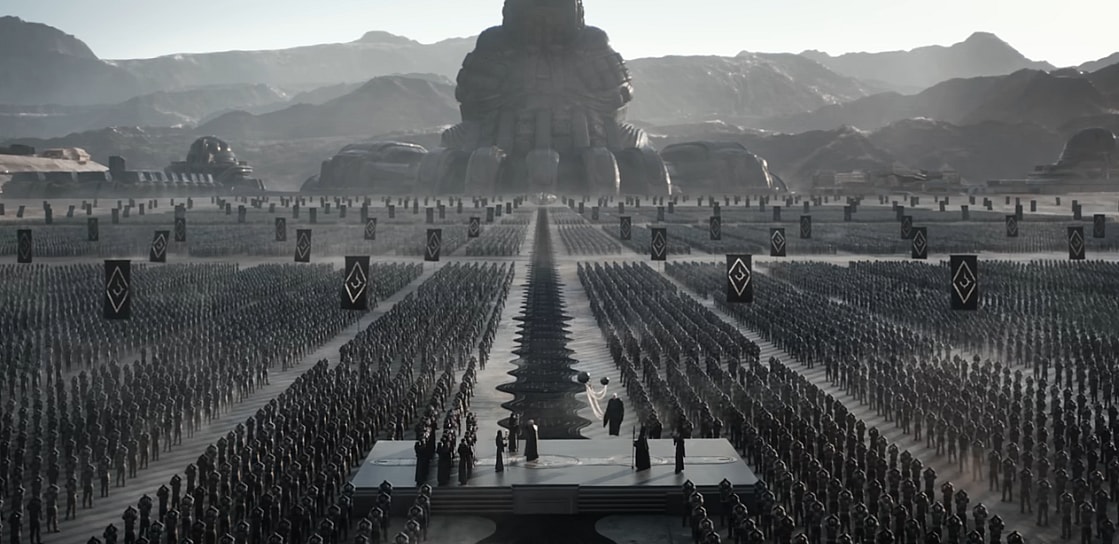
Herbert then reiterated, “It is demonstrable that power structures tend to attract people who want power for the sake of power and that a significant proportion of such people are imbalanced-in a word, insane.”
“That was the beginning,” he said. “Heroes are painful, superheroes are a catastrophe. The mistakes of superheroes involve too many of us in disaster.”
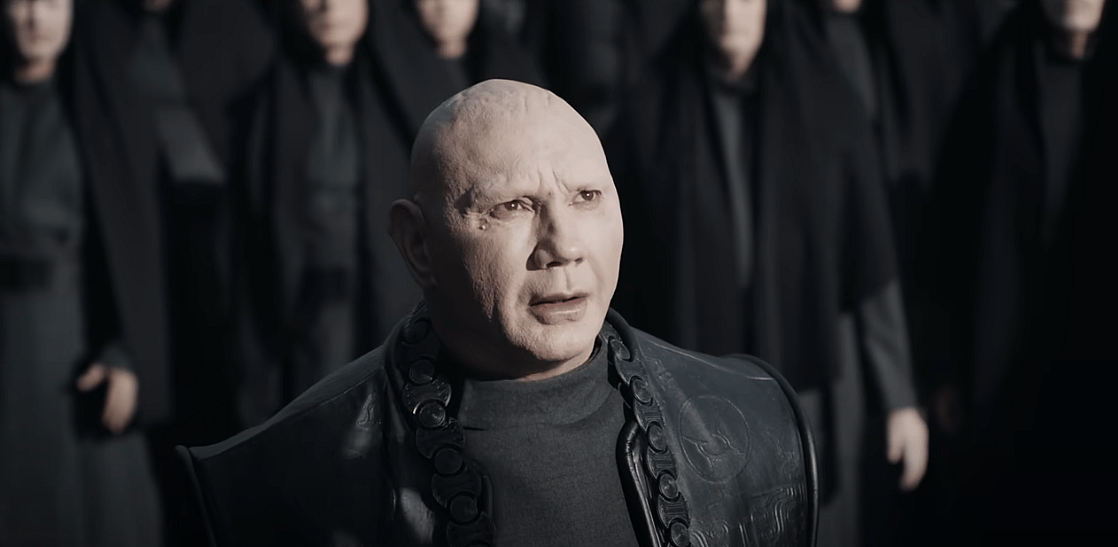
After detailing the research he did into the book and how he initially wanted to do “the book that would right the old wrongs,” Herbert reevaluated and explained he created a fugue, “What were my instruments in this ecological fugue? Images, conflicts, things that turn upon themselves and become something quite different, myth figures and strange creatures from the depths of our common heritage, products of our technological evolution, our human desires, and our human fears.”
He elaborated, “As in an Escher lithograph, I involved myself with recurrent themes that turn into paradox. The central paradox concerns the human vision of time. What about Paul’s gift of prescience-the Presbyterian fixation? For the Delphic Oracle to perform, it must tangle itself in a web of predestination. Yet predestination negates surprises and, in fact, sets up a mathematically enclosed universe whose limits are always inconsistent, always encountering the unprovable. It’s like a koan, a Zen mind breaker. It’s like the Cretan Epimenides saying, ‘All Cretans are liars.'”
Specifically commenting on Dune Messiah, Herbert said, “Of course there are other themes and fugal interplays in Dune and throughout the trilogy. Dune Messiah performs a classic inversion of the theme. Children of Dune expands the number of themes interplaying. I refuse, however, to provide further answers to this complex mixture. That fits the pattern of the fugue. You find your own solutions. Don’t look to me as your leader.”
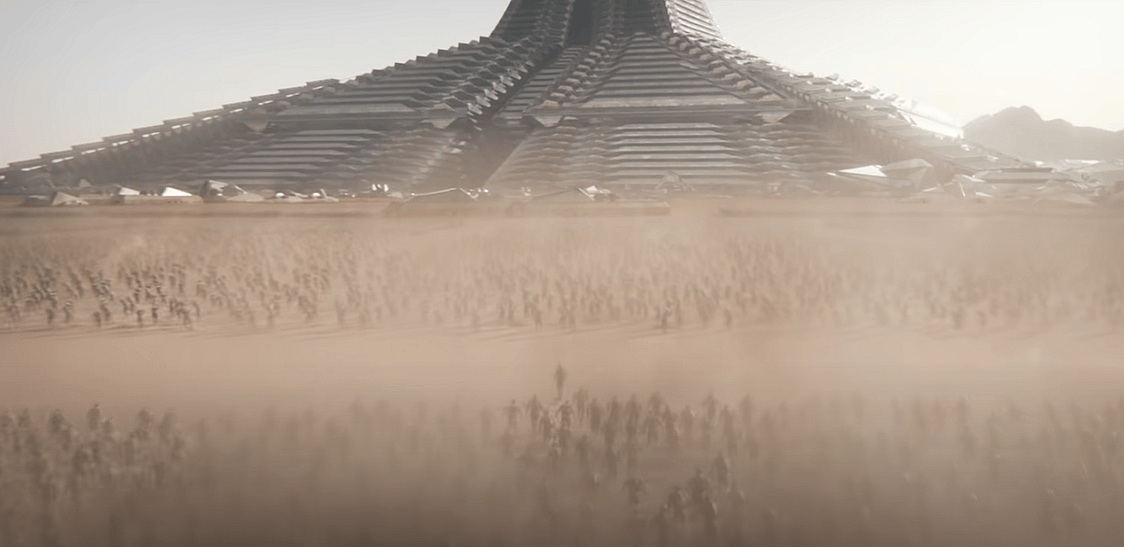
Dune: Part 2 arrives in theaters on November 3, 2023.
The official description states, “Dune: Part Two will explore the mythic journey of Paul Atreides as he unites with Chani and the Fremen while on a warpath of revenge against the conspirators who destroyed his family. Facing a choice between the love of his life and the fate of the known universe, he endeavors to prevent a terrible future only he can foresee.”
The film stars Timothée Chalamet as Paul Atreides, Zendaya as Chani, Rebecca Ferguson as Lady Jessica Atreides, Josh Brolin as Gurney Halleck, Austin Burtler as Feyd-Rautha Harkonnen, Florence Pugh as Princess Irulan Corrino, Dave Bautista as Glossu Rabban Harkonnen, Christopher Walken as Emperor Shaddam IV, Stephen McKinley Henderson as Thufir Hawat, Léa Seydoux as Lady Margot, Stellan Skarsgård as Baron Valdimir Harkonnen, Charlotte Rampling as Reverend Mother Mohiam, and Javier Bardem as Stilgar.
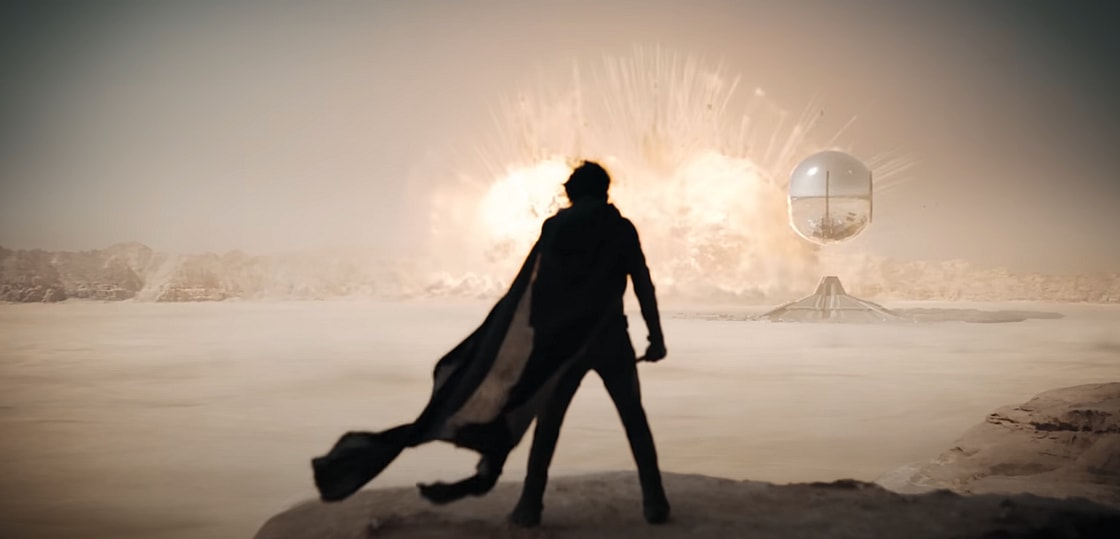
What do you make of this new report that Dune will actually be a trilogy?
